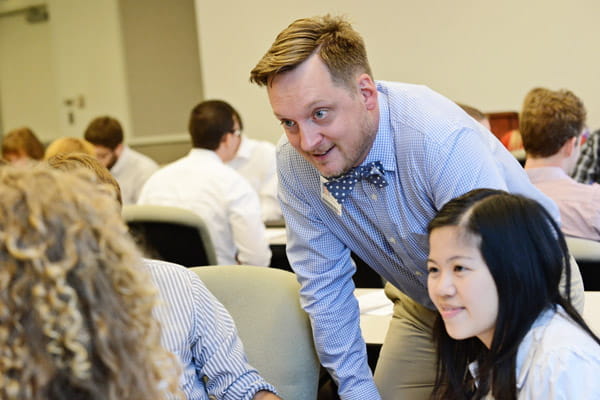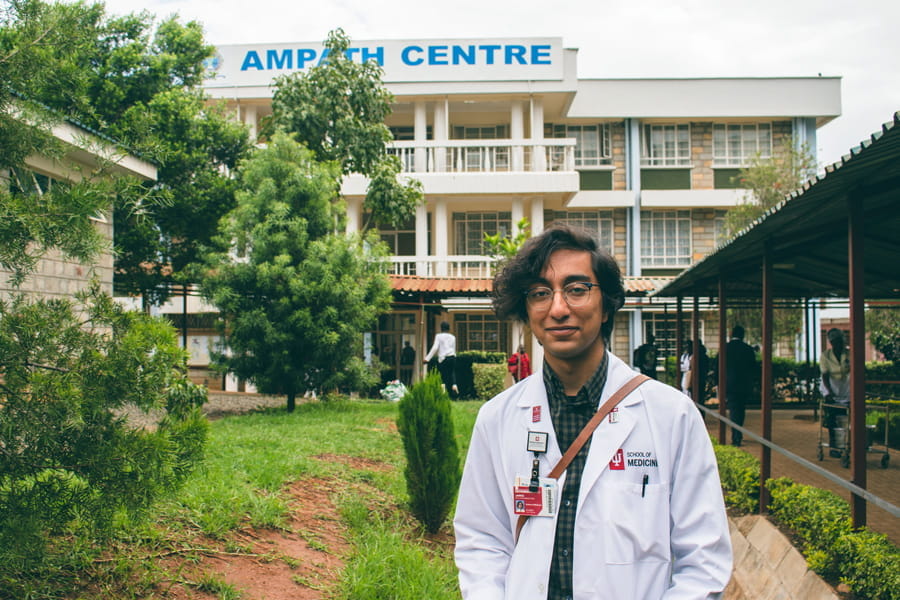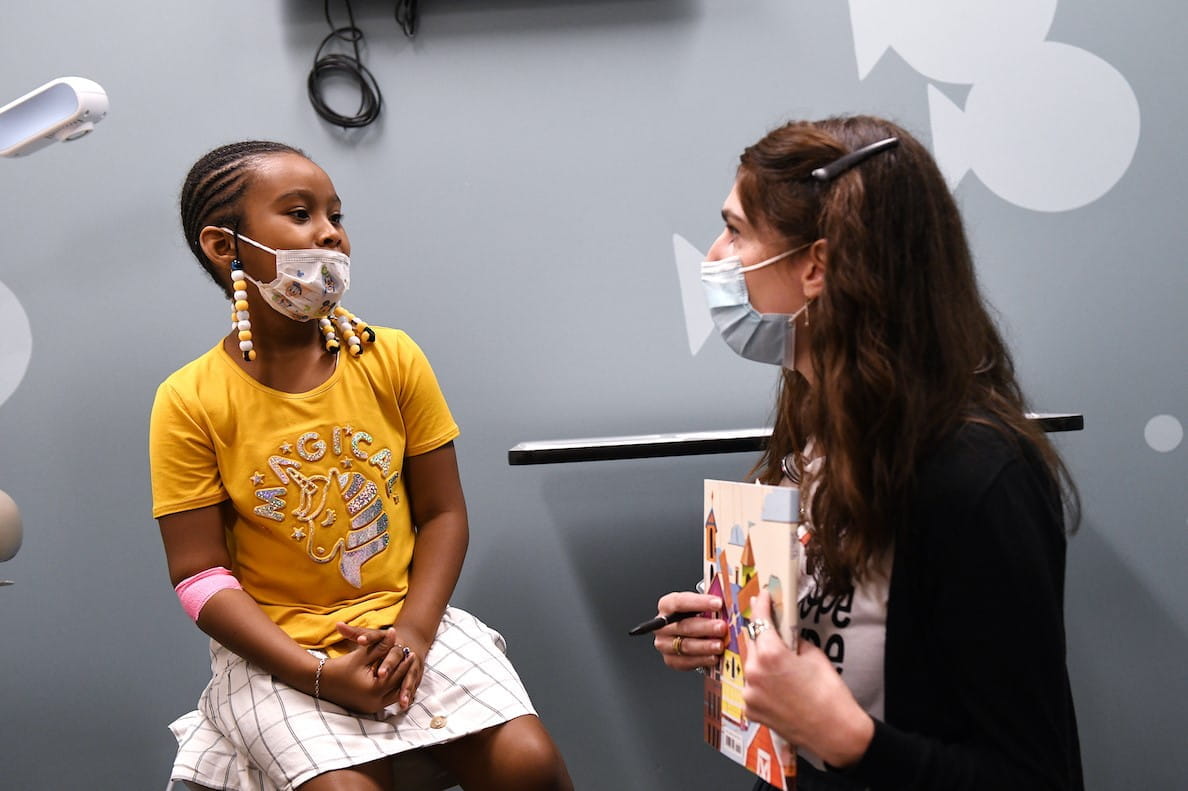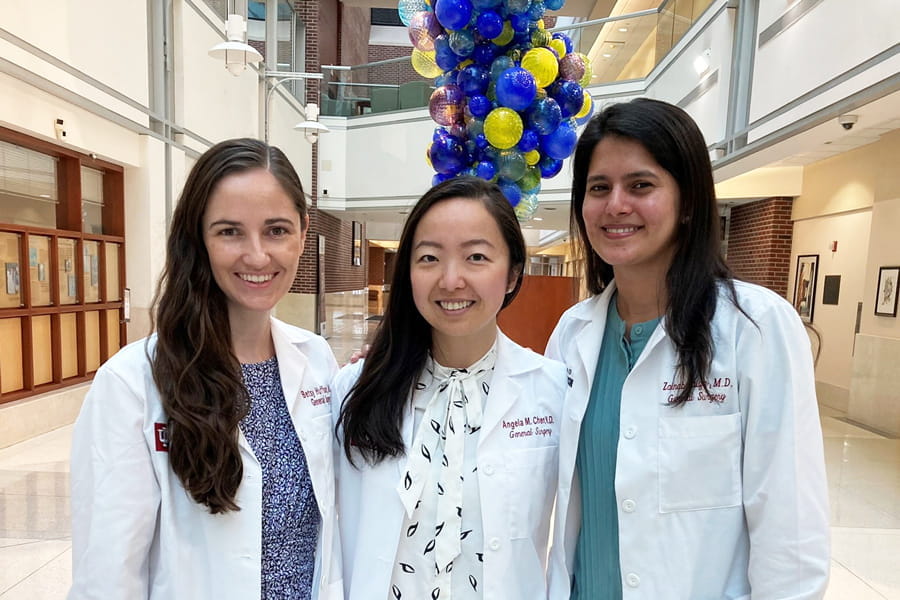Training pathways are two year certificate programs that provide residents and fellows with additional knowledge, skills and professional preparation alongside their chosen medical specialty. Participation in a training pathway occurs concurrently with residency or fellowship training.
Training pathways offer:
- Demonstrable knowledge and skills for potential employers
- Enhanced well-being from work-work diversity
- Membership in a community outside of your training program
- Better understanding of career paths
- Opportunities to take on additional roles
- Preparation for the career you want





